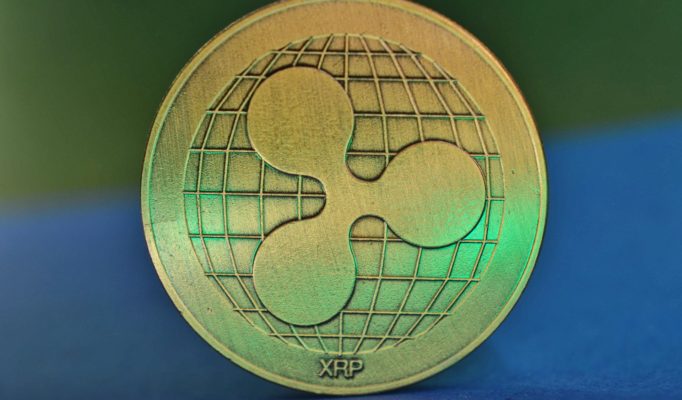Ripple is not threatened by central bank digital currencies (CBDCs), says Ripple CEO Brad Garlinghouse. Rather, it can facilitate CBDCs as a bridge between them.
Digital Industry is Mature Enough to accept CBDC
Ripple in its latest post claims that the digital industry has matured now and a CBDC is no longer a dream. “The digital asset industry has finally matured to the point that CBDCs are now a question of when, not if. While COVID-19 has prompted specific reasons for increasing mainstream acceptance and understanding of the benefits of digital assets, the longer-term outlook for CBDCs takes in broader economic benefits, including more efficient payment systems, greater financial inclusion and increased scope for innovation,” Ripple stated.
Various central banks have started to test a CBDC via different pilot projects. Some CBDC projects are in the final phases. For example, China may become the first-ever country to launch a CBDC and may launch it this year. Ripple CEO, focuses on the interoperability of CBDCs in his latest tweet. Garlinghouse said:
“Over 70% of the central banks around the world are looking at deploying #CBDCs – and one thing that’s crystal clear is the importance of interoperability. If you’re not prioritizing this, you’re just rebuilding the same siloed system.”
Importance of Interoperability
According to Ripple CEO, RippleNet “is built on open, interoperable protocols designed to enable value transfer across multiple networks.” Ripple can serve the function of interoperability. The company says that Ripple “will continue to work with central banks globally to create an environment where CBDCs and independent digital assets co-exist and complement each other, achieving an Internet of Value where money moves as freely as information does today.”
Earlier this year, central banks welcomed the idea of CBDCs, but now they are actively working over it. Bank of England was one of the banks that said that CBDCs are beneficial.
A discussion on the digital dollar is also going on, but most of Americans do not like the idea of the digital dollar. The results of a survey, conducted on 400 participants, from the US show that only 25% agreed with the idea of the digital dollar.

















